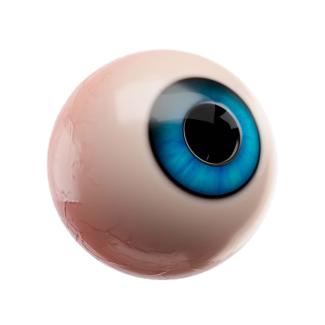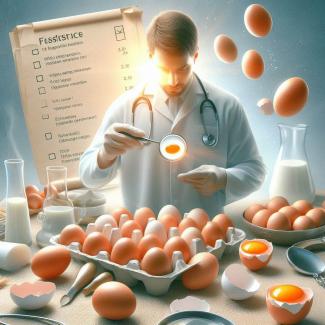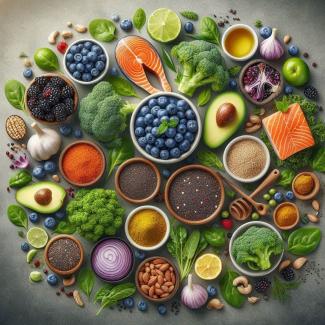
Several vitamins and nutrients are essential for maintaining good eye health. The most important vitamins for your eyes include:
- Vitamin A: This is crucial for maintaining proper vision, especially in low-light conditions. It is a key component of the visual pigment in the retina. A deficiency in vitamin A can lead to night blindness and other vision problems.
- Vitamin C: Vitamin C is an antioxidant that helps protect the eyes from oxidative damage and reduces the risk of cataracts and age-related macular degeneration (AMD).
- Vitamin E: Like vitamin C, vitamin E is an antioxidant that can help prevent AMD and cataracts by protecting the eyes from oxidative stress.
- Vitamin D: Vitamin D plays a role in reducing the risk of macular degeneration, and a deficiency may lead to dry eyes.
- Vitamin K: Vitamin K is important for proper blood clotting, which is essential for maintaining the health of blood vessels in the eyes.
- B Vitamins: Several B vitamins, such as B1 (thiamine), B2 (riboflavin), B3 (niacin), B6 (pyridoxine), and B9 (folic acid), are important for maintaining good eye health. They support the proper function of the optic nerve and can help reduce the risk of cataracts and AMD.
- Lutein and Zeaxanthin: These are carotenoids found in high concentrations in the retina. They help protect the eyes from harmful high-energy light waves like ultraviolet rays. Consuming foods rich in lutein and zeaxanthin, such as leafy greens, can reduce the risk of AMD.
- Omega-3 Fatty Acids: Omega-3 fatty acids, particularly DHA and EPA, are essential for maintaining the health of the eye's retinal cells and reducing the risk of dry eyes and AMD.
- Zinc: Zinc is a mineral that helps transport vitamin A from the liver to the retina and is essential for maintaining healthy vision.
- Selenium: Selenium is another mineral with antioxidant properties that can help protect the eyes from damage caused by oxidative stress.
It's important to maintain a balanced diet rich in these vitamins and nutrients to support your eye health. Additionally, if you have specific concerns about your eye health or conditions, it's advisable to consult with an eye care professional for guidance and appropriate supplementation if needed.






